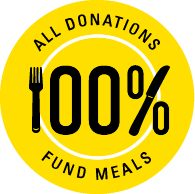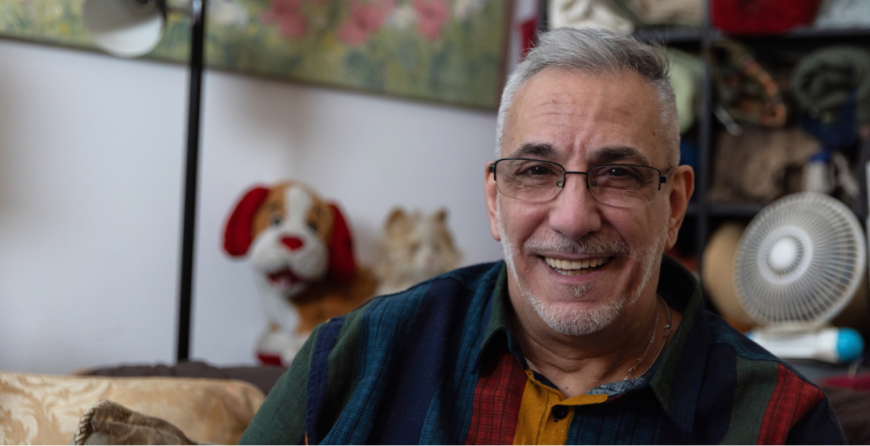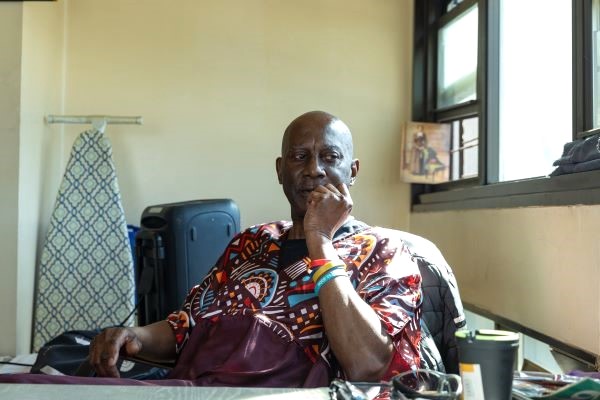1 IN 10 OLDER NEW YORKERS FACE HUNGER

100% of your donation will be used for the preparation and delivery of meals, thanks to our partnership with the City of New York, Citymeals board members and certain designated grants for administrative expenses.
Support Citymeals

